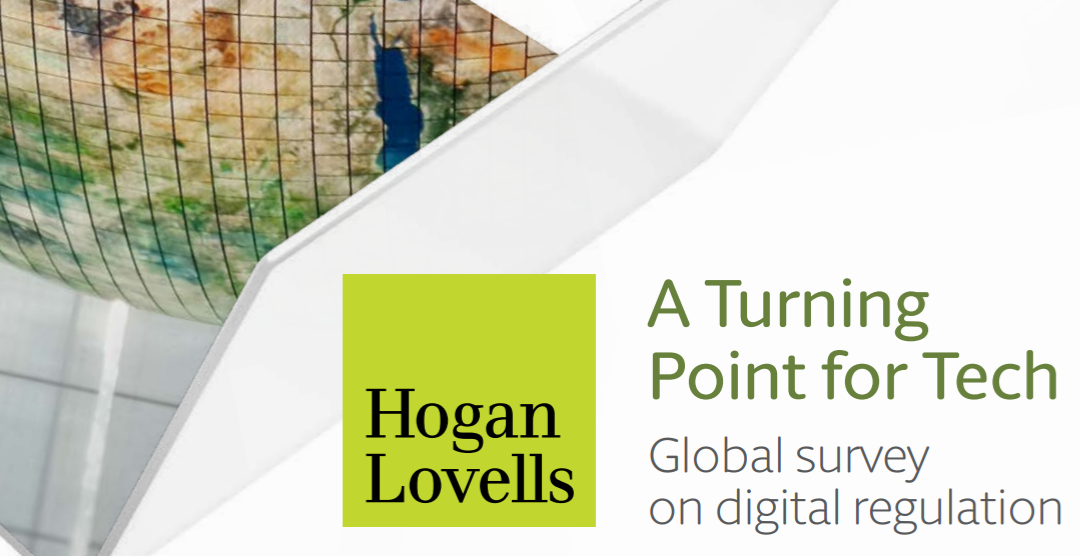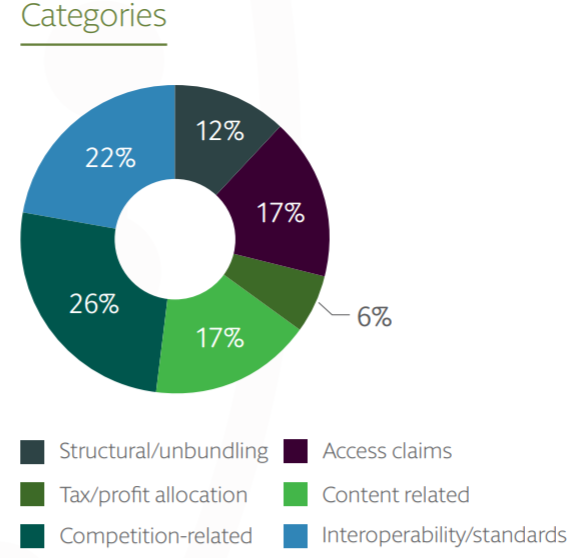Survey: Tech Success Hinges on Navigating Digital Regs
The smarter way to stay on top of the multichannel video marketplace. Sign up below.
You are now subscribed
Your newsletter sign-up was successful
Tech company success takes more than the best digital product or platform. Instead, it takes figuring out how to navigate complex and differentially coherent global government policies, including a growing use of antitrust law rather than regulations to regulate digital platforms. (Both the U.S. Justice Department and Federal Trade Commission are investigating Big Tech, for example, to see if antitrust laws have failed to rein in anticompetitive conduct).

That is according to the first qualitative review of global digital regulation from international communications law firm Hogan Lovells, which has subject experts to help with that policy divination.
The appetite for regulating Big Tech appears to be greatest in the U.S. "[T]here were more U.S. proposals to regulate tech in the first half of 2019 than for any other nation in the world," the survey found.
Related: Blackburn Says Arrogant Big Tech Must Change Tune
The firm surveyed 16 jurisdictions--China, the EU, France, Germany, Hungary, Italy, Japan, Mexico, the Netherlands, Poland, Russia, South Africa, Spain, the UAE, the UK, and the U.S. It was conducted in the first two quarters of 2019. Hogan Lovells lawyers reviewed " political plans, legislative proposals and proposals of governments, NGOs or other stakeholders to regulate tech companies," then the firm interpreted the results.
One of the top takeaways was that the largest percentage of the government digital oversight proposals tracked (over a quarter) dealt with antitrust rather than regulation. Number two was "interoperability and standards."

And one thing arguing for the majority of the proposals meeting the light of day were that 70% originated from the incumbent governments with the political majority's to enact them.
The smarter way to stay on top of the multichannel video marketplace. Sign up below.
Related: Senate Drills Down on Potential Serial Innovation Killers
By contrast, less than a quarter of the proposals came from trade groups or companies, suggesting to Hogan Lovells that the tech industry is being "reactive."
Combating fake news is one growing segment of potential regulation, the survey found. "Seventeen percent of the calls for action monitored by the survey relate to content-specific political proposals," the survey said. "A growing number of jurisdictions have passed, or are in the process of passing, laws aimed at fighting fake news and/or hate speech on the internet."
Not surprisingly, the survey noted the growing call in the U.S. for breaking up Big Tech, but said in Europe that appears to be the measure of last resort.
Contributing editor John Eggerton has been an editor and/or writer on media regulation, legislation and policy for over four decades, including covering the FCC, FTC, Congress, the major media trade associations, and the federal courts. In addition to Multichannel News and Broadcasting + Cable, his work has appeared in Radio World, TV Technology, TV Fax, This Week in Consumer Electronics, Variety and the Encyclopedia Britannica.

